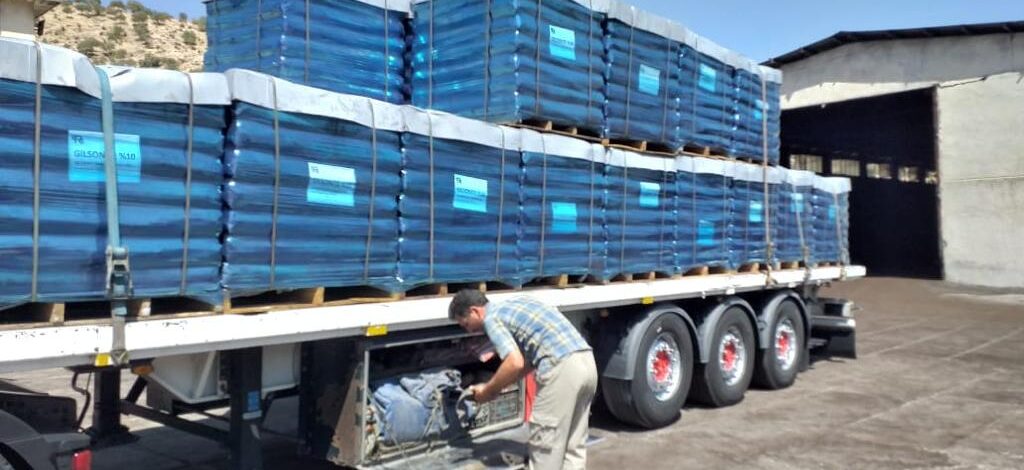Asphalt vs. Gilsonite: A Comprehensive Comparison
Understanding the Differences Between Asphalt and Gilsonite
When it comes to road construction, roofing, and industrial applications, asphalt and Gilsonite are two prominent materials. While they may seem similar at first glance, these materials differ significantly in composition, properties, and usage. This guide explores the key differences between asphalt and Gilsonite, helping you make informed decisions for your projects.
What is Asphalt?
Asphalt is a versatile, petroleum-based material widely used in road construction, roofing, and waterproofing. It is a mixture of aggregates, such as sand, gravel, and crushed stone, bound together by bitumen. Bitumen, a black, sticky substance derived from crude oil, acts as the adhesive that holds the aggregates together.
Asphalt is known for its durability, flexibility, and cost-effectiveness. It is an excellent choice for paving roads, driveways, and parking lots due to its ability to withstand heavy traffic and extreme weather conditions. In roofing, asphalt shingles provide a waterproof barrier that protects buildings from the elements.
What is Gilsonite?
Gilsonite, also known as natural bitumen or uintaite, is a naturally occurring solid hydrocarbon found primarily in the Uintah Basin of Utah, USA. Unlike asphalt, which is a byproduct of refining crude oil, Gilsonite is mined directly from the earth. It appears as a shiny, black, brittle substance and has a high carbon content.
Gilsonite is prized for its unique properties, such as its hardness, high melting point, and resistance to acids and chemicals. It is commonly used in applications where durability and chemical resistance are critical, such as in oil and gas drilling muds, inks, paints, and as an additive in asphalt to enhance its performance.
Asphalt vs. Gilsonite: Key Differences
Composition and Origin
One of the primary differences between asphalt and Gilsonite lies in their origin and composition. Asphalt is a refined product of crude oil, while Gilsonite is a naturally occurring mineral. This distinction gives Gilsonite certain advantages in terms of purity and environmental impact, as it requires minimal processing compared to asphalt.
Performance Characteristics
Asphalt is valued for its flexibility, making it ideal for road construction where it can expand and contract with temperature changes. On the other hand, Gilsonite’s hardness and high melting point make it more suitable for applications requiring strong resistance to heat, chemicals, and wear.
Gilsonite lump powder & natural asphalt
Environmental Impact
While both materials have environmental considerations, Gilsonite’s natural origin means it often has a lower environmental footprint compared to asphalt. Asphalt production involves refining and processing petroleum, leading to higher carbon emissions. Gilsonite, being a naturally mined product, typically requires less energy for extraction and processing.
Applications and Use Cases
Asphalt is predominantly used in road construction, where its durability and cost-effectiveness make it the material of choice for highways, streets, and driveways. It is also widely used in roofing and waterproofing applications.
Gilsonite, on the other hand, finds its niche in specialized applications. It is an additive in asphalt to improve performance, particularly in high-stress environments like airports and heavy-duty roads. Additionally, Gilsonite is used in the production of inks, paints, and drilling fluids due to its chemical resistance and high carbon content.

